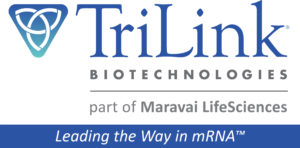- Time:
CRISPR genome editing tools are driving innovations in precision genetic medicine. However, in vivo delivery of CRISPR components for treating diseases remains a challenge as researchers strive to eliminate or reduce off-target effects, provide transient editing systems, and increase the rates of gene correction in somatic tissue.
In this webinar from GEN and The CRISPR Journal, Dr. Wen Xue will present a modular delivery strategy for homology-directed repair by combining lipid nanoparticle delivery of Cas9 mRNA with adeno-associated viruses select AAV) encoding a sgRNA and a repair template. In a mouse model of human hereditary tyrosinemia, gene correction efficiency of >6% in hepatocytes was achieved after a single application, suggesting the potential of Cas9-based therapeutic genome editing.
Dr. Xue will also discuss advances in base editing, a highly promising tool to correct single-base pathogenic mutations. Efficient base editing requires cellular exposure to levels of base editors that can be difficult to attain in hard-to-transfect cells or in vivo. Dr. Xue will present new results on a chemically modified mRNA-encoded adenine base editor select ABE) that mediates robust base editing. This ABE shows the therapeutic potential in correcting pathogenic mutations in cell and animal models of diseases. Cas9 and ABE mRNA expands the applicability of CRISPR-associated gene-editing tools in vitro and in vivo.
A live Q&A session followed the presentations.
Produced with support from:




